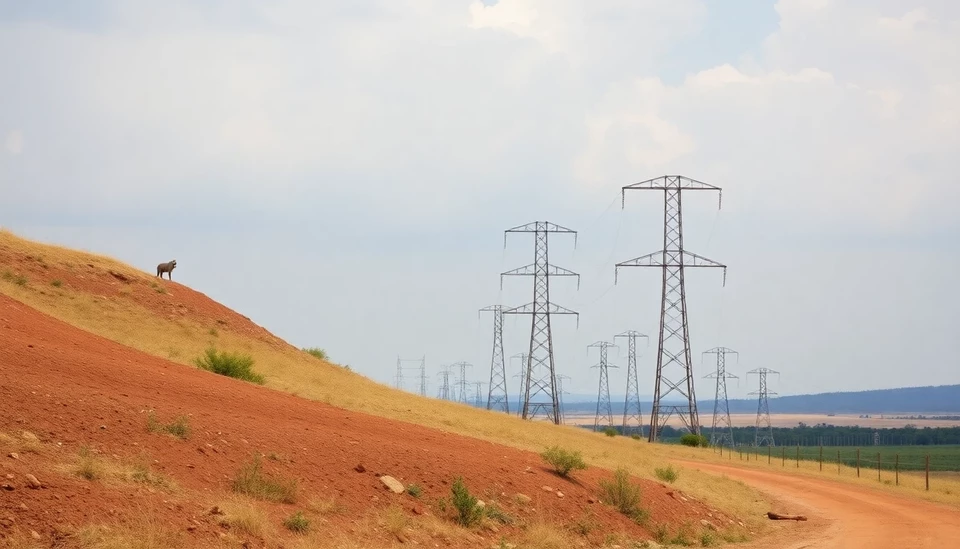
The Kenyan government is actively seeking bids for the construction of new power transmission lines worth $245 million, a move prompted by the recent exit of the Adani Group from a crucial energy project in the region. This initiative comes at a time when the country is striving to enhance its energy infrastructure and ensure more reliable power distribution across various sectors.
The exit of Adani, a leading multinational conglomerate, has created a significant gap in Kenya's ambitious energy development plans. The Indian company had initially pledged to invest heavily in renewable energy and related infrastructure. However, their abrupt withdrawal raised concerns over the future of energy projects that are critical to Kenya's economic growth and electrification initiatives.
In response to this challenge, the Kenyan authorities have moved quickly to open up the bidding process to a wider range of potential contractors. The $245 million tender specifically aims to expand the country’s electricity transmission capabilities, thereby facilitating improved access to power for both urban and rural communities alike. This development is expected to play a pivotal role in boosting industrial growth and supporting local enterprises.
The tender includes plans for the construction of high voltage transmission lines that will connect several key regions with the national grid. This underscores the government's commitment to ensuring all Kenyans benefit from electricity access, particularly in underserved areas where the need for reliable power is pressing.
Given the strategic importance of this project, the Kenyan government is inviting both local and international firms to submit their proposals. Competitors will have a chance to demonstrate their expertise and innovative approaches to power transmission, potentially bringing new technology and investment into the country's energy sector.
As Kenya persists in its efforts to modernize its energy infrastructure, the country’s leadership is hopeful that this tender will attract capable partners and foster a competitive environment that can mitigate the void left by Adani Group's exit. The successful realization of these projects is seen as integral to fulfilling Kenya's long-term energy goals and commitment to sustainable practices in energy production.
In conclusion, while the Adani Group's exit represents a setback, it also opens the door to new opportunities for various contractors to step in and contribute to Kenya’s energy revolution. The stakes are high, and the nation is poised to capitalize on this transformative phase in its energy landscape.
#Kenya #AdaniExit #PowerInfrastructure #EnergyDevelopment #SustainableEnergy #KenyaTender #RenewableEnergy #PowerTransmission
Author: Rachel Greene




